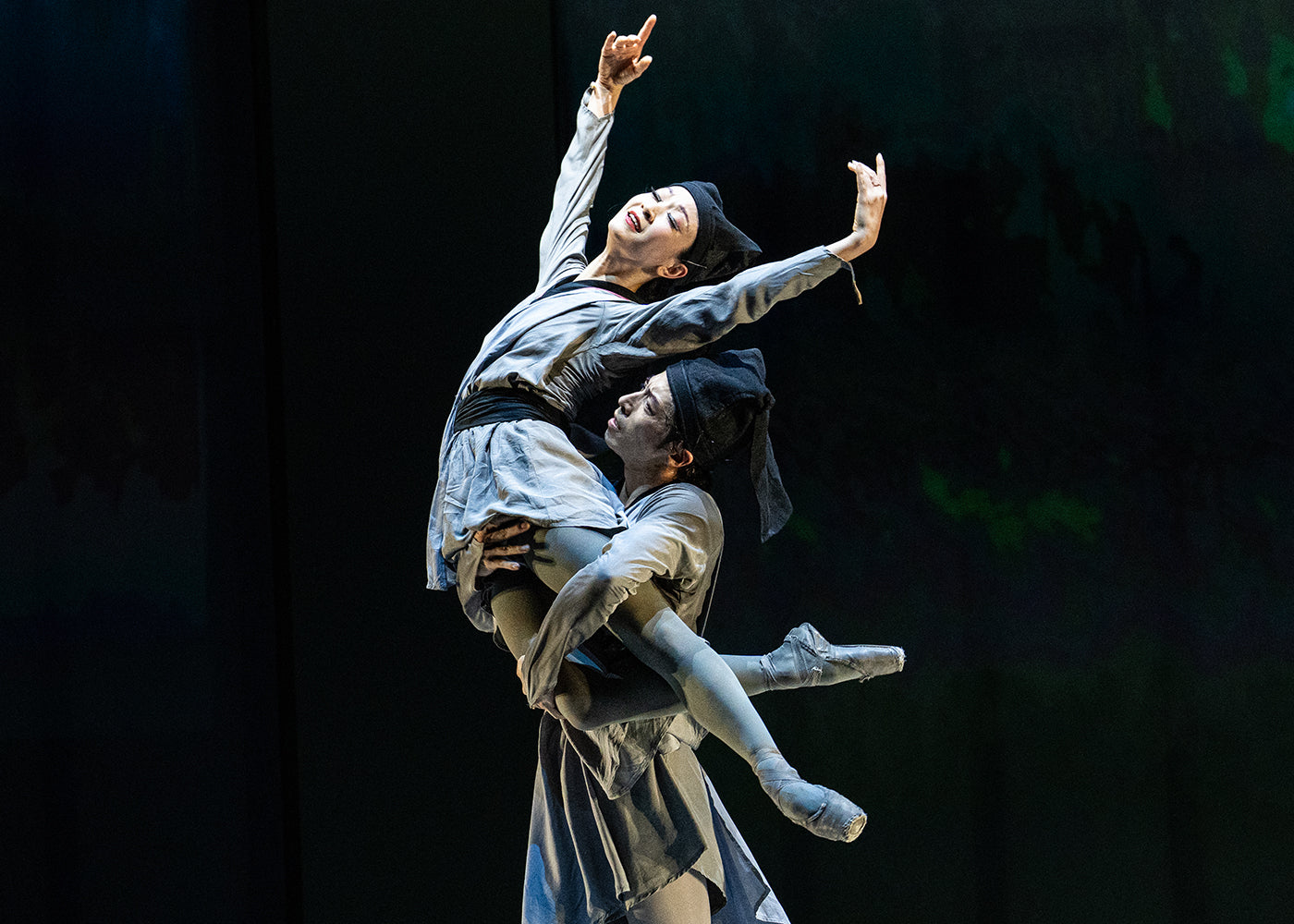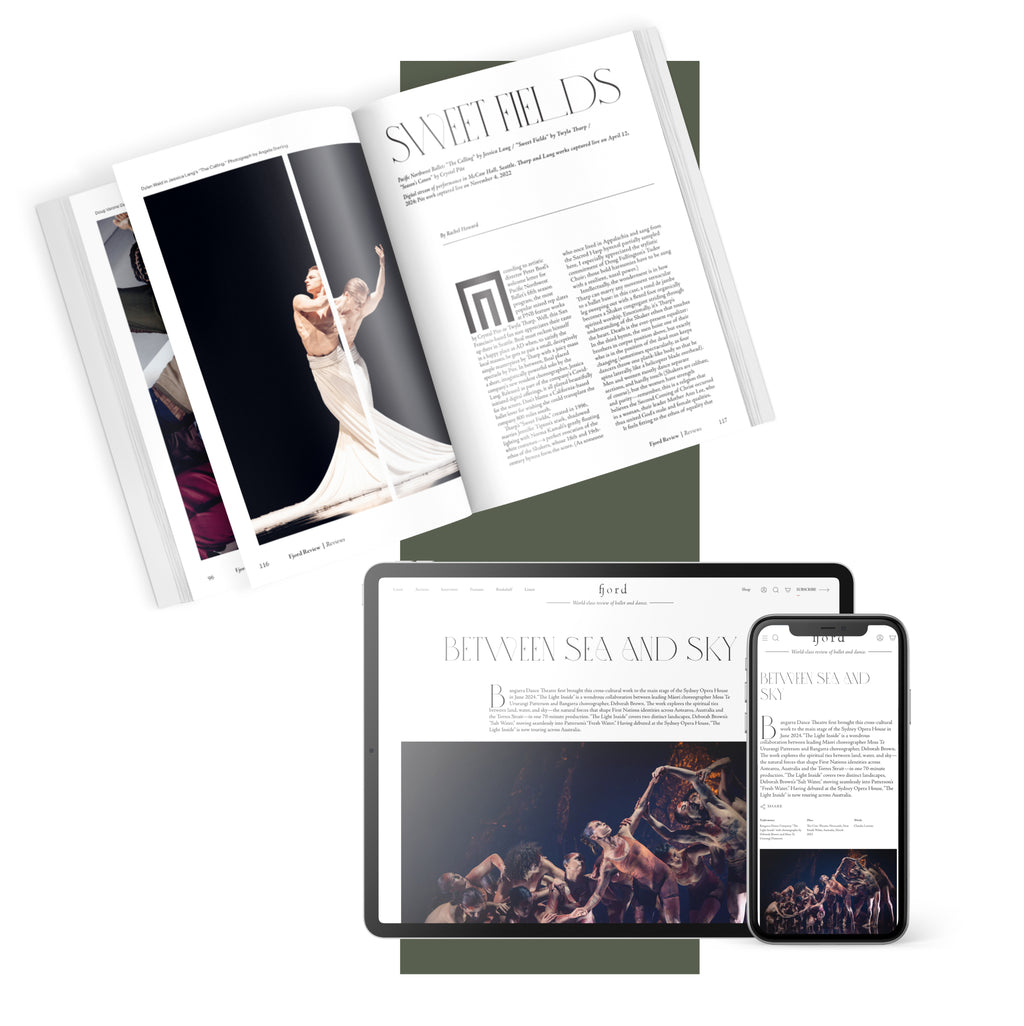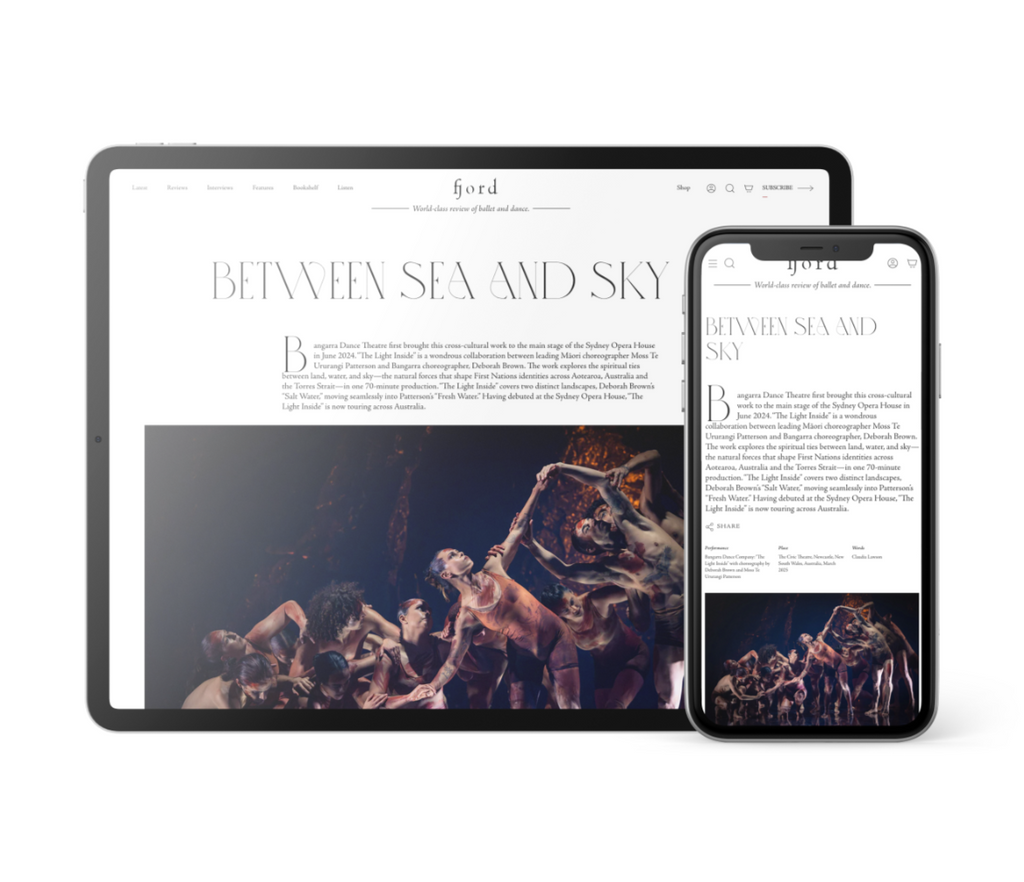A Dance for All
Company Grande, a new dance theater project from the Saitama Arts Foundation triumphed in their recent production, “The Rite of Spring.”
Continue Reading
World-class review of ballet and dance.
In the canon of classical ballet, star-crossed love is an integral theme. With its US debut of “The Butterfly Lovers”—a new full-length work inspired by a Chinese folktale that dates back to the Tang Dynasty—Hong Kong Ballet brings an artfully rendered addition to this tradition.
Performance
Place
Words



“Uncommonly intelligent, substantial coverage.”
Your weekly source for world-class dance reviews, interviews, articles, and more.
Already a paid subscriber? Login
Company Grande, a new dance theater project from the Saitama Arts Foundation triumphed in their recent production, “The Rite of Spring.”
Continue ReadingIn the second week of February, an ensemble of young and remarkably accomplished dancers presented a lovely and generously conceived programme just beyond the Paris city limits, at the Théâtre des Sablons in Neuilly-sur-Seine, as part of a tour spanning not only several French cities but also Spain, Germany, Switzerland and Malaysia. The evening unfolded as a carefully balanced succession of styles, allowing the dancers to reveal both technical assurance and interpretative maturity. Overall, the cohesion of the ensemble and the clarity of their stage presence matched those of an established professional company. Yet this was not, strictly speaking, the...
Continue ReadingWith their inimitable blend of contemporary movement and the no-holds barred athleticism of hip-hop and the meticulousness of martial arts, Compagnie Hervé Koubi creates a visual language unlike any other.
Continue ReadingOh to love and be loved, what a beautiful mess it is. Nobody captures the contradictions of passion quite like Pina Bausch, whose “Sweet Mambo” is cast in her signature silly-meets-sincere mould—another treat for us Bausch bods out here, less fetching perhaps if you’re not a fan of her highly mannered house style.
Continue Reading
comments